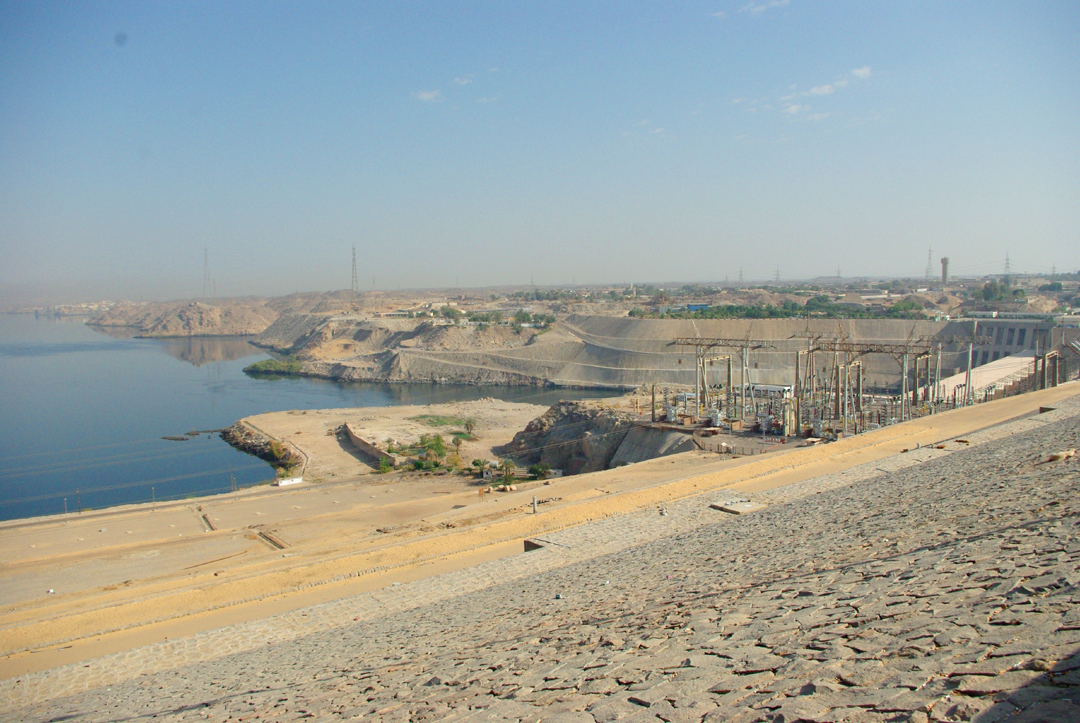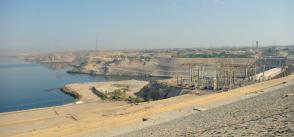
Battered By Climate Change, Nile Farmers Forge New Course
For a farmer who had just been told that almost everything he’d ever known about agriculture was wrong, Mohammed Regaa is remarkably cheerful.
Sitting cross-legged on the floor with a dozen colleagues, he cracks jokes and teases his peers relentlessly. When the group’s lecturer for the day—a distinguished agronomist from Cairo—gently coaxes her pupils to discuss their farming woes, Regaa reels off a laundry list of concerns. “The weather, the water, the heat, the cold, the prices,” he says, clutching his traditional galabeya robe tight in the early December breeze. “Actually pretty much everything is unusual.”
But amid the good-natured vibes and a largely studious atmosphere that falters only when a light rain began to fall on the makeshift outdoor classroom, these Nile valley farmers are quietly panicking. Their crop yields aren’t keeping pace with Egypt’s population surge, nor are their earnings matching the rising cost of fuel and fertilizer.
[Full article here | Photo by Ranong Payakapan]







